An interview with shoemaker Dominic Casey
0October 24, 2018 by Ville Raivio
VR: Your age and occupation?
Products from Pukimo Raivio
Ralph Lauren, Black Label suit, size 52EU
DC: I am 59 and work as a bespoke shoemaker.
VR: Your educational background?
DC: I have a degree in Geography and a Diploma in Footwear Design.
VR: Have you any children or spouse (and how do they relate to your shoe enthusiasm)?
DC: I’m married to a Specialist Community Midwife who works with teenagers but we have no children of our own.
VR: …and your parent’s and siblings’ reactions back when you decided to become a shoemaker?
DC: I was in my early 20’s when I decided to change career and become a shoemaker. My family’s view was that if it was going to make me happy, then it was a good thing.
VR: What other hobbies or passions do you have besides footwear?
DC: I love the opera and luckily live on the Glyndebourne estate in East Sussex, so I have world class opera on my doorstep. I have practiced tai chi for over 35 years. I fought until my 30s but now just practice for fun. I still get on the mats with the young men but after a full minute of scraping I’m beginning to puff. I also enjoy gardening, cycling and cooking.
VR: How did you first become interested in shoes, and when did you turn your eyes towards artisanal shoemaking? Why classic models instead of fashion?
DC: I first became interested in shoes and shoemaking when I was working as a management consultant for Birmingham Museum and Art Gallery and they had an exhibition organised by the Crafts Council on shoemakers. I was really interested in training as a craftsperson, making something in a workshop. That something turned out to be shoes. I wanted the best craft training I could get, so I wrote to John Lobb in St James’s and started from there. Even though my styling is classical in nature, I taught at the MA in Footwear Design at the Royal College of Art for 15 years in the fashion department. I always tried to impress on the students that good Design was permanent and Fashion was just a passing concept. At the Royal College the strength was always to do fashion with a solid foundation of craft and technical skill borrowed from artisanal shoemaking.
VR: How have you gathered your knowledge of the craft — from books, in-house training, workshops or somewhere else?
DC: I never understood it at the time, but I was blessed to be trained by the last of the great working Shoemakers that came to England as a result of the Second World War. All Eastern European, many Jewish, all unheard of and all dead now, but those lucky enough to have known them were humbled by their skill and speed. I started off as a closer making uppers and at the interview this wonderful Hungarian shoemaker took one look at me and told me to go away and make myself a skiving knife — with no Internet, few books on shoemaking and no idea what “skiving” was. I still have the knife I made.
VR: How would you describe the House Style of the Dominic shoes?
DC: I like to think of myself as a modern version of a classic English shoemaker. My last lengths are classical, not elongated, and my proportions traditional. My design style is asymmetric, using classical pattern structures, and my bottom making is deeply rooted in the traditional welted construction. However, I am proud to call myself a bespoke maker, so ultimately I make what the client requests. I’m more interested in the client’s style rather than imposing my house style.
VR: Do you have a favourite shoe model (eg. monk, derby, oxford, balmoral boot) and leather type?
DC: My favourite model is the English Wellington boot, now sadly only worn by army officers as part of their mess uniform. I keep an old bespoke pair in the workshop to remind me of the simplistic beauty of this style of Footwear and was overjoyed to see both Princes William and Harry get married wearing them.
VR: There are several fine shoemakers in Britain — why should my readers try you?
DC: Shoemaking has changed remarkably in the past few years in Britain. You still have the big firms and now, as a result of the Internet and social media, clients can track down many smaller independent craftsmen. In London we have Jim McCormack, Nick Templeman, Sebastian Tarek and Mariano Crespo all making good shoes, but bespoke is not about the shoes, it’s about the relationship between the client and the maker. A client has to feel he can sit down and talk to his shoemaker and the maker has to listen. If this relationship works then the shoes will take care of themselves.
VR: What is your definition of a well-made shoe?
DC: A shoe made with care, consideration and a depth of beauty.
VR: Who or what inspires you?
DC: Young people and people willing to train as shoemakers. I recently set up a business with Steven Lowe, an ex-Lobb lastmaker teaching lastmaking. We had the facilities at Lastmaker House and wanted to pass on some of our skills and experience to other people. I always feel honoured to have young and old come and study with us and see such enthusiasm, drive and skill, very humbling. Thankfully, I always learn more from the students than I ever seem to teach them.
VR: Finally, how would you say British artisanal shoemaking differs from Italian shoemaking?
DC: Language, character and temperament.
Category Cordwainers, Interviews | Tags:

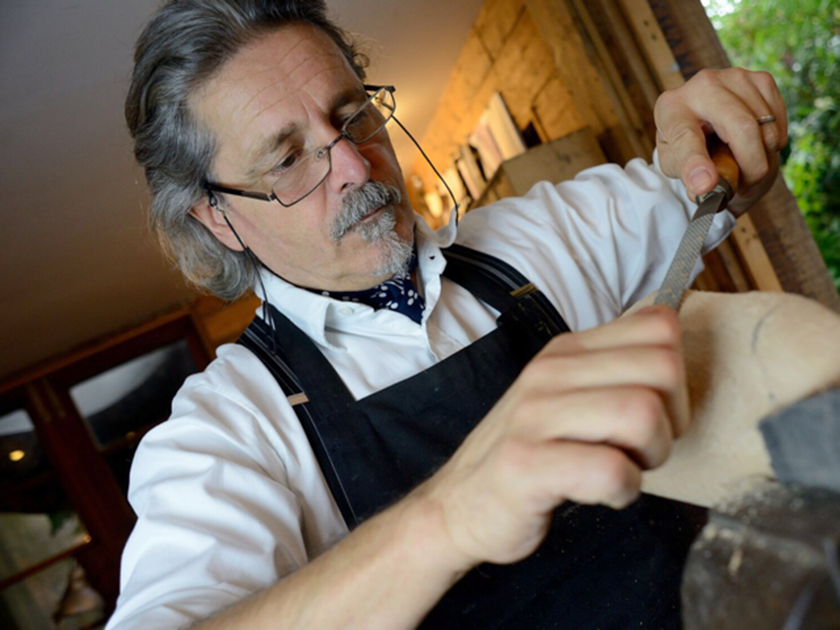
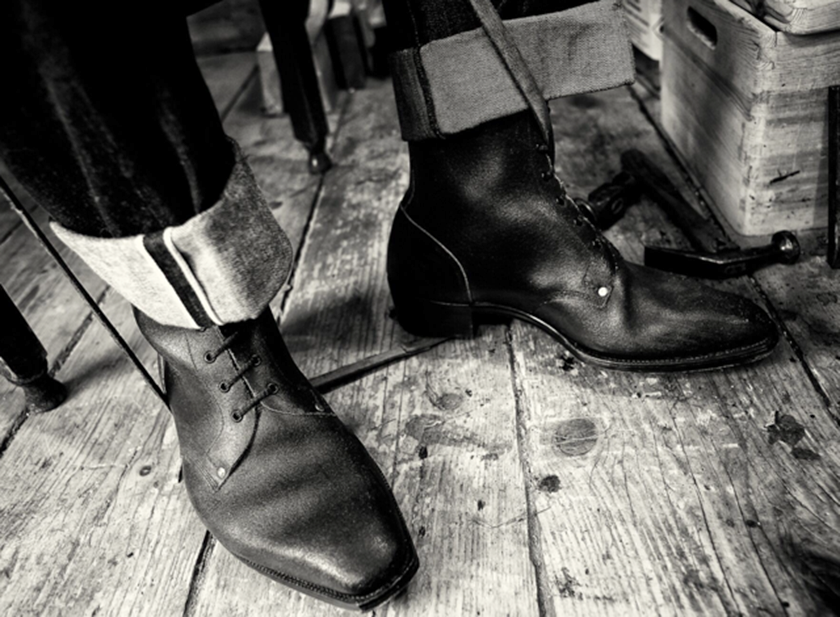
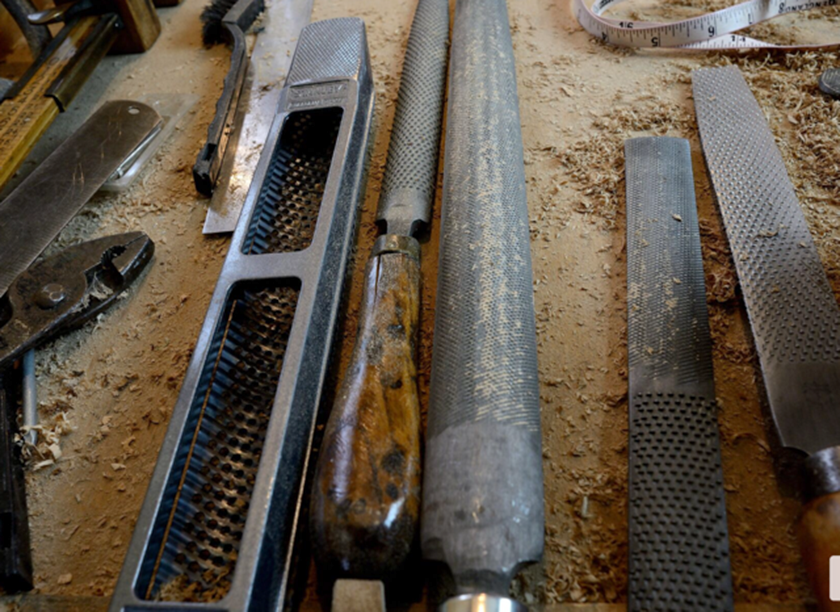
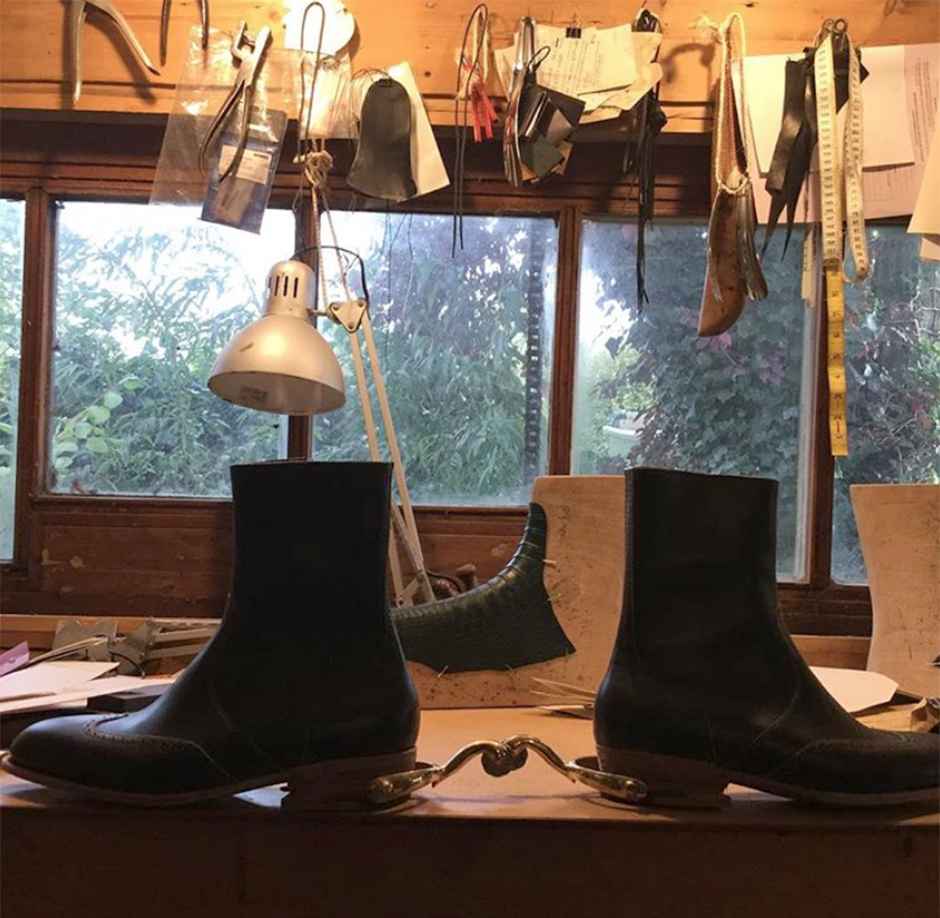
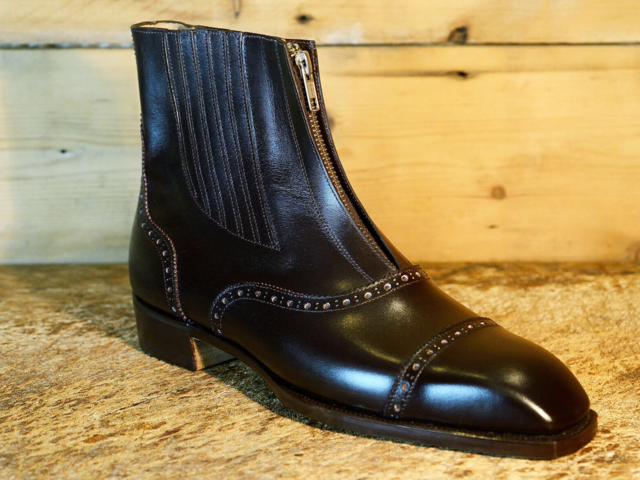
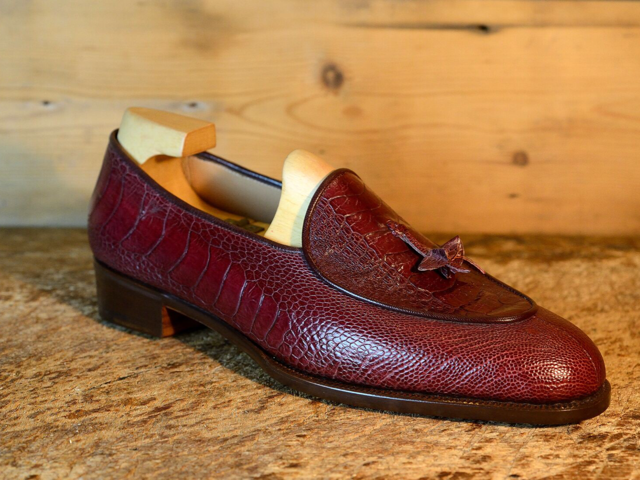
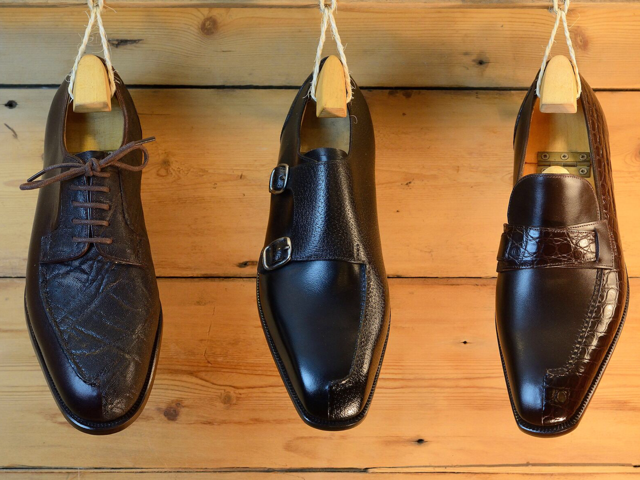
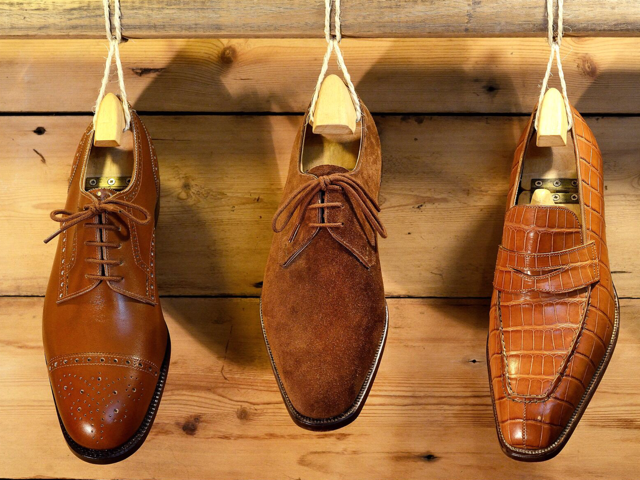
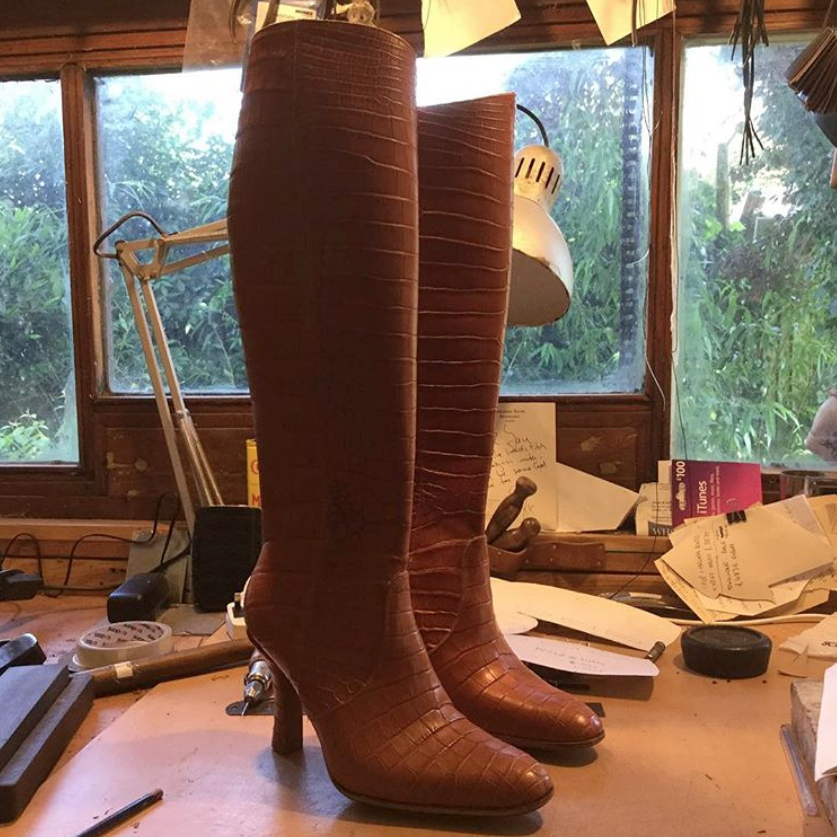
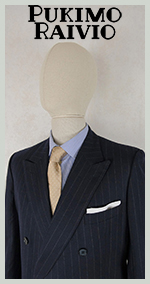

Leave a Reply